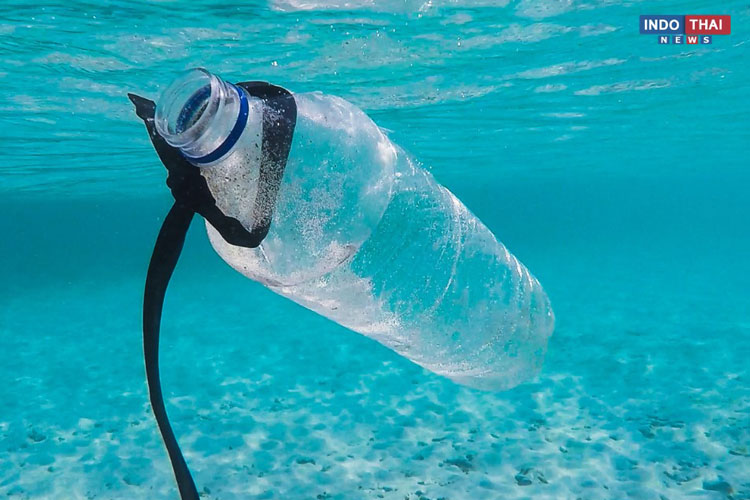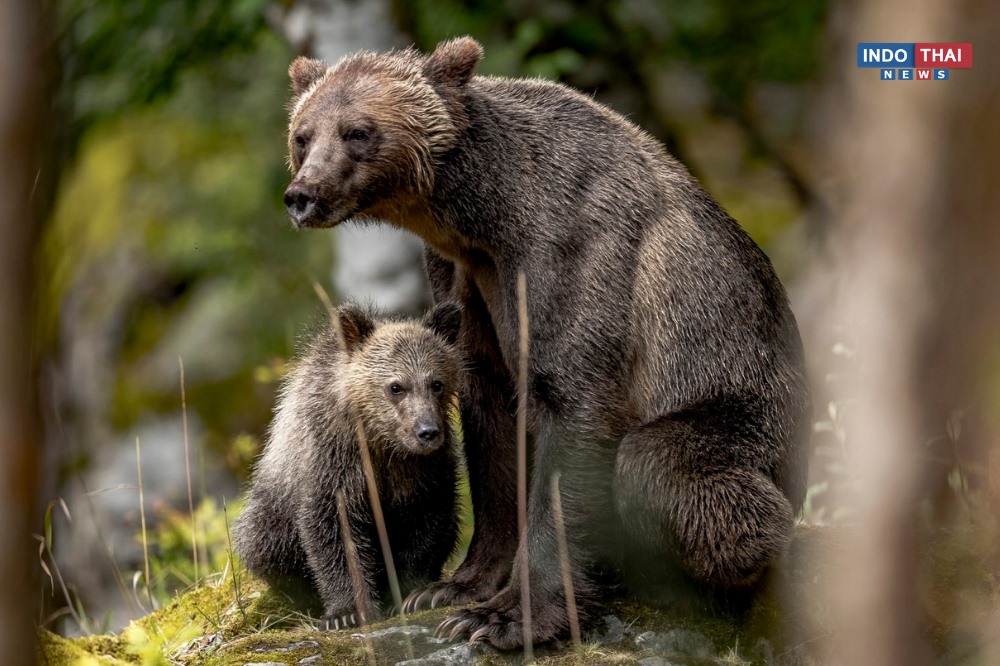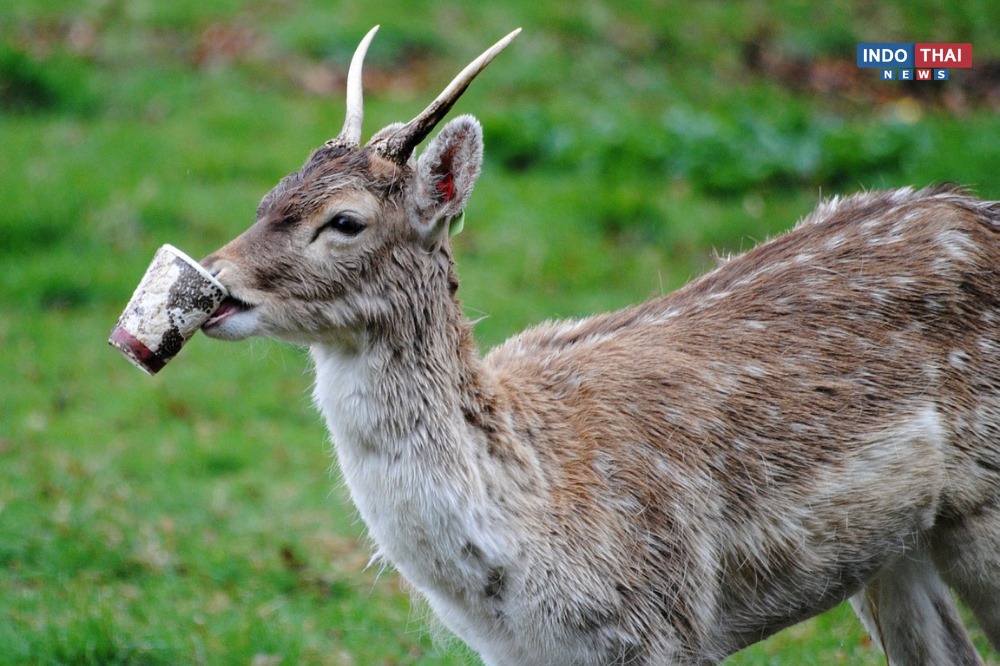The real impact of plastic bag litter is felt on wildlife both in the marine environment and in rural areas. Made to be used just once, plastic can last forever in the environment causing more than 700 marine species known to be killed either by the ingestion of plastic or entanglement – resulting in more than 100 million animal deaths a year, that we know of.
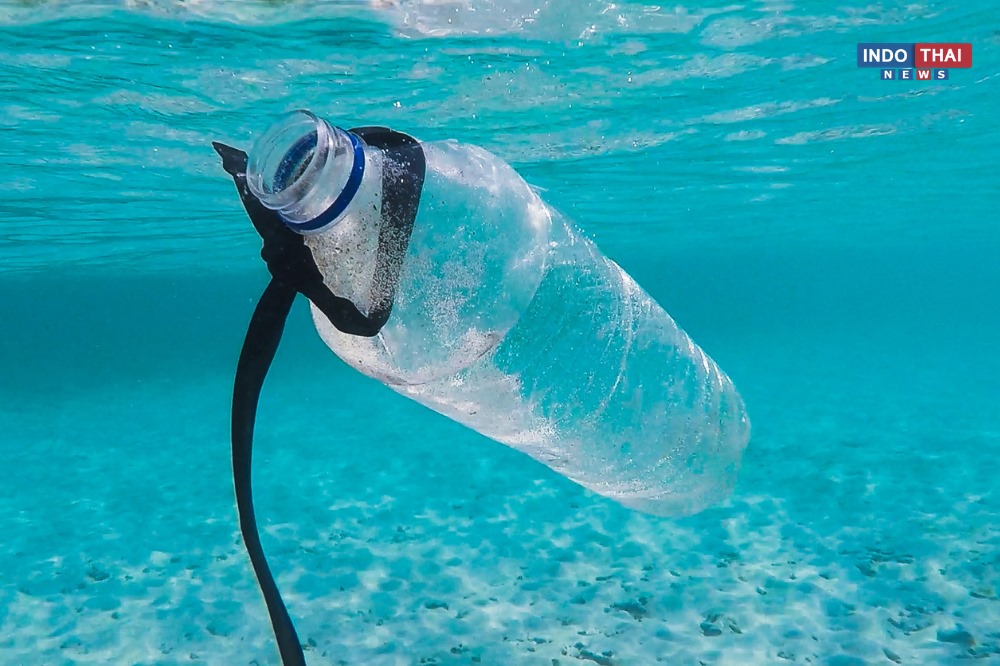
Whales, birds, seals and turtles are killed every year from plastic bag litter in the marine environment as they often mistake plastic bags for food such as jellyfish.
Right now there are more than 51 trillion pieces of plastic in the ocean. That’s 51 trillion deadly hazards that animals need to avoid.
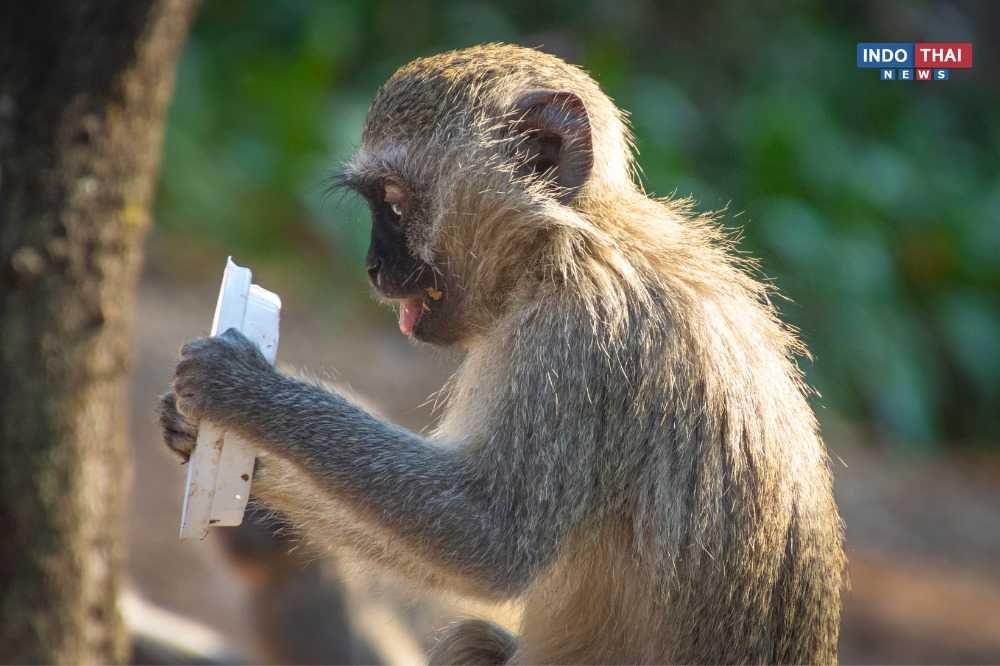
Plastic bags, once ingested, cannot be digested or passed by an animal so it stays in the gut. Plastic in an animal’s gut can prevent food digestion and can lead to a very slow and painful death.
“The really sad thing about this is that they’re eating plastic thinking it’s food,” says Matthew Savoca, a marine biologist with the National Oceanic and Atmospheric Administration. “Imagine you ate lunch and then just felt weak and lethargic and hungry all day. That would be very confusing.” [National Geographic]
As plastic bags can take up to 1,000 years to break down, once an animal dies and decays after ingesting plastic, the plastic is then freed back into the marine environment to carry on killing other wildlife.
Scientists say some marine animals with high levels of pollutants also get disrupted hormones by which affect their growth and reproductive success of a wide variety of wildlife.


